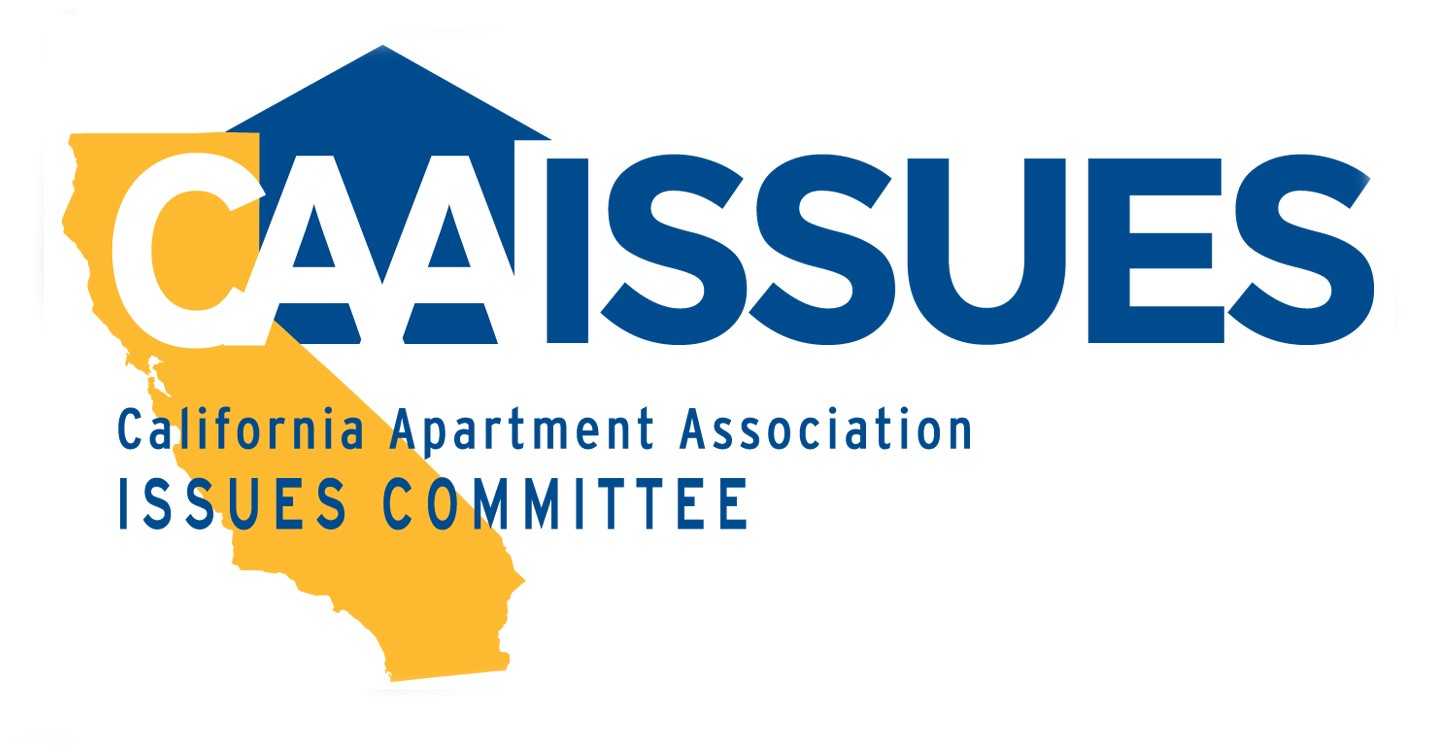At the end of March, the Governor announced an agreement with Wells Fargo, US Bank, Citi, JP Morgan Chase, as well as 200 state-chartered banks and credit unions, to provide a 90-day forbearance of mortgage payments for those impacted by COVID-19. Such forbearance appears to be available for properties with 1 to 4 units.
If your loan is owned or guaranteed by a federal agency, such as Fannie Mae, Freddie Mac, the Federal Housing Administration, the U.S. Department of Veterans Affairs, or the U.S. Department of Agriculture, and you have a financial hardship because of COVID-19, you may be able to get a forbearance of mortgage payments for up to 180 days plus an extension for another 180 days under the federal CARES Act. Properties with 5+ units receiving this relief must comply with federal eviction protection requirements (discussed here) in addition to any more protective state and local requirements. As of August 6, multifamily property owners with mortgages based by Fannie Mae or Freddie Mac who enter into a new or modified forbearance agreement must inform tenants in writing about tenant protections during the forbearance and repayment periods.
Generally speaking, you can find out who owns your mortgage by asking your servicer. You can also find out if your loan is backed by Fannie Mae here or Freddie Mac here.
For FHA and VA loans, check your monthly loan statement or find the HUD-1 Settlement Statement you got when you bought the home. Fannie and Freddie have also created a short video about the forbearance program. This federal program likely only covers a small percentage of the mortgages of rental housing providers in California. For more information on this federal program, click here.
To access the forbearance described above, contact your mortgage servicer – you can look up your servicer by searching the Mortgage Electronic Registration Systems website. Even if your mortgage is not covered by the programs described above, CAA encourages property owners to contact their mortgage servicer to see what type of reprieve they might be offering. The Consumer Financial Protection Bureau and other financial regulators have encouraged financial institutions to work with borrowers who are or may be unable to meet their obligations because of the effects of COVID-19. Borrowers should also make sure to ask what happens at the end of the forbearance period since some lenders have indicated that a lump sum payment is due when that period expires.
Lastly, the California Department of Real Estate has warned of scams that seek to take advantage of California homeowners seeking loan modifications and mortgage forbearance related to the COVID-19 pandemic. Read more about how to protect yourself from these scams in DRE’s consumer alert.

